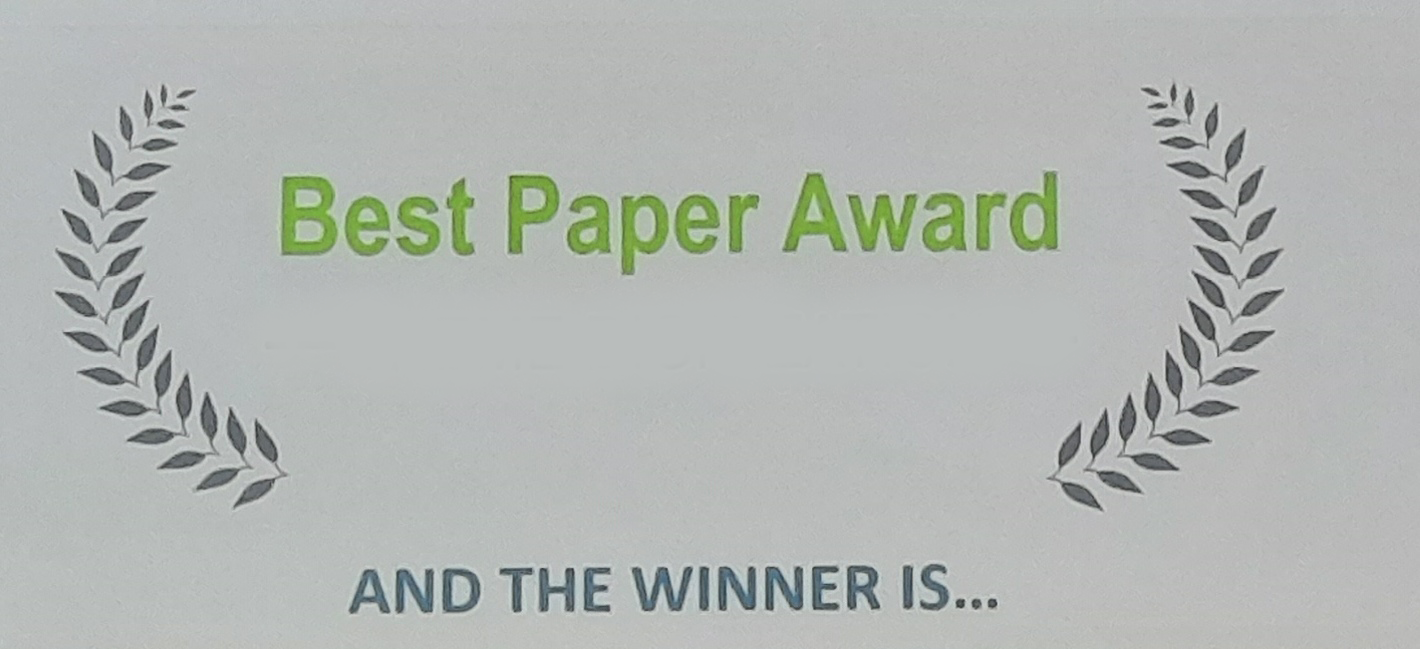Spatiotemporal humidity variation in student housing
DOI:
https://doi.org/10.34641/clima.2022.65Keywords:
Moisture excess, ventilation, dwellingsAbstract
Modern, urban apartments are space-efficient, have bathrooms with no windows, and require energy-efficient ventilation with heat recovery. The requirements for exhaust ventilation rates for the kitchen and bathrooms are independent of dwelling size. In some countries, it is required that the extract air can be increased on demand. There is a need for more knowledge on the effects of these requirements on the resulting moisture level in apartments, and whether these recommendations should be modified. Measurements were done in eight student apartments. Temperature and humidity were measured with 1-minute time resolution at 5 locations in each of the apartments. Median moisture excess was 0.9-1.4 g/m³, indicating a small risk of interstitial condensation. 90th percentiles of relative humidity were 30-35 %, indicating an elevated risk of eye and airway symptoms due to low humidity. The moisture excess was lower in apartments with heat-recovery ventilation than mechanical extract ventilation. The median moisture excess was higher in the living rooms than in bathrooms, indicating that moisture from showering and personal hygiene had little impact on the overall indoor moisture conditions in the dwellings. The average number of showers per day per apartment varied between 0.6 and 3.1. High peak moisture excess values up to 20 g/m³ were recorded in bathrooms, but for brief periods only. Consistently higher moisture peaks in extract vents than in bathroom air demonstrated that ventilation extract above the shower is effective in removing moist air from showering. Calculated moisture load in the extract air from a single shower was estimated to be 0.86 kg. Outdoor temperatures were negatively correlated with moisture excess, as predicted by EN -ISO 13788.
Downloads
Published
How to Cite
Conference Proceedings Volume
Section
License
Copyright (c) 2022 Cathrine Hafnor, Sverre Holøs, Tormod Aurlien, Kari Thunshelle

This work is licensed under a Creative Commons Attribution 4.0 International License.



